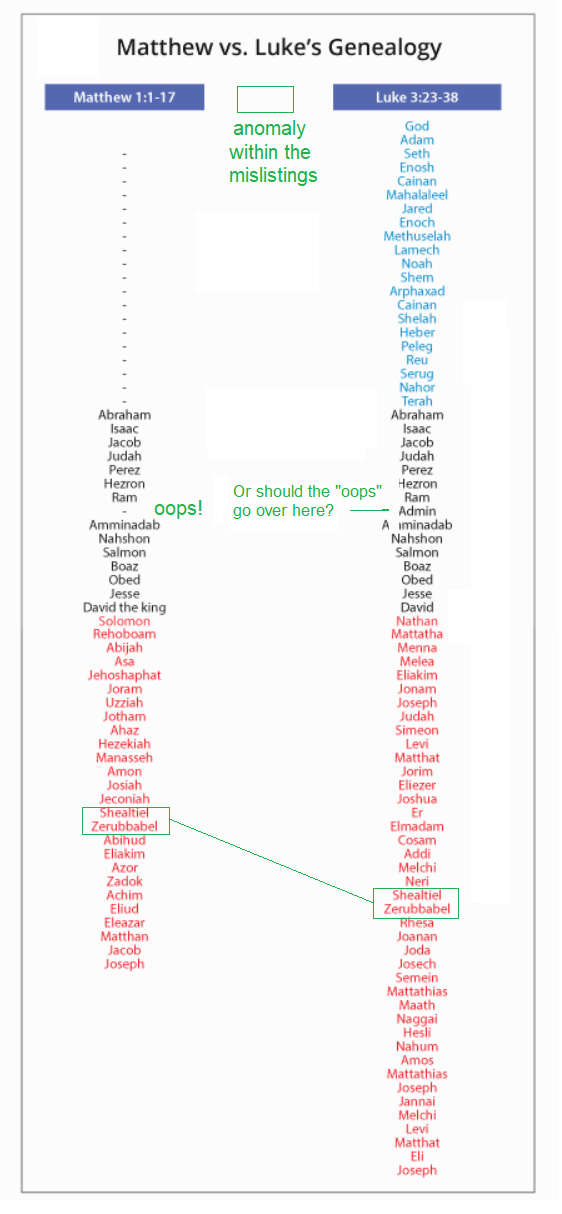Well, one wonders why that wasn't pointed out by the list-makers. I suppose because it makes it sound much less awesome., but that the foundation of it has happened
The point Paul is making is that just because someone is a descendent of Abraham, does not mean that he is blessed by God
Did someone ever say that, that Paul needs to point that out?

